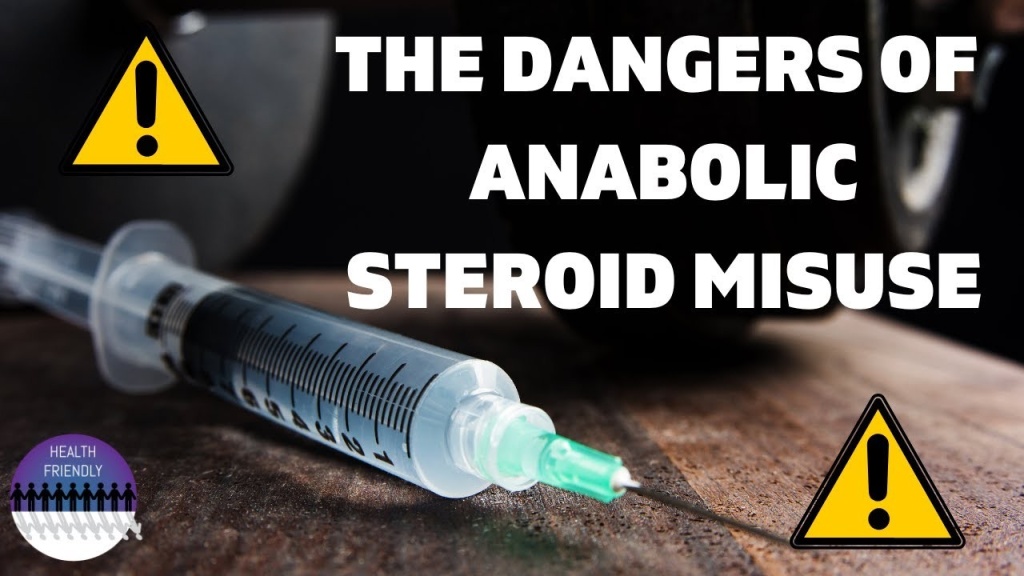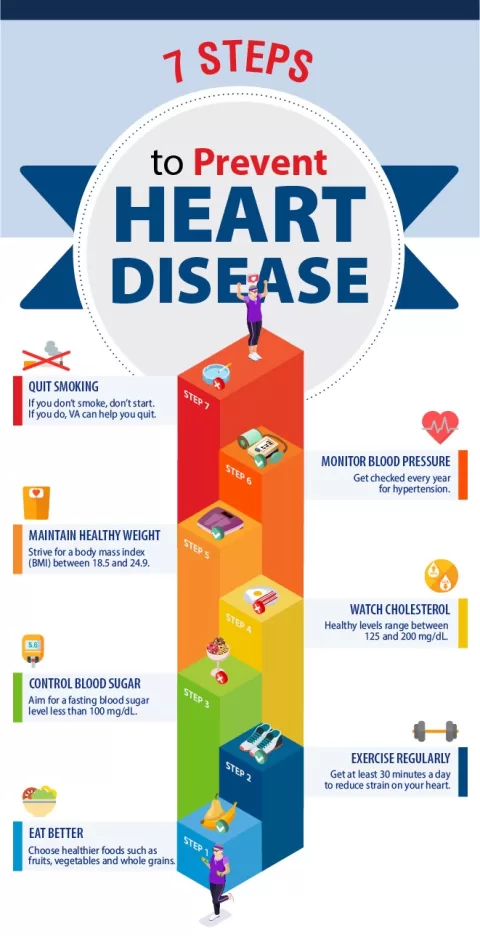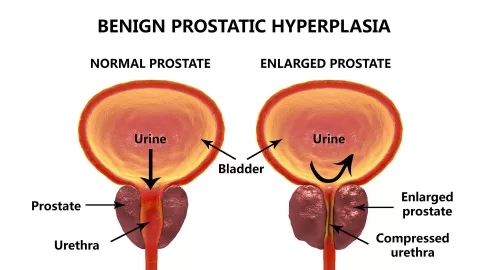Anabolic steroid misuse has become a growing concern in today’s society, particularly as individuals pursue enhanced athletic performance or an ideal physique. These synthetic versions of testosterone may offer temporary gains in muscle mass and strength, but the health risks of steroids are profound and often overlooked. With increasing reports of alarming steroid abuse statistics, it’s crucial to shed light on the serious anabolic steroid side effects that can arise, including cardiovascular problems and hormonal imbalances. Furthermore, the psychological effects of steroids can lead to aggressive behavior and severe mood swings, complicating the lives of users and those around them. Addressing the treatment for steroid addiction is vital as we navigate this complex issue and strive to protect public health from the perils of anabolic steroid misuse.
The misuse of performance-enhancing substances, often referred to as anabolic steroids, has manifested as a widespread dilemma, affecting not just athletes but also young people seeking to conform to societal beauty standards. Individuals often resort to these synthetic hormones in hopes of achieving a muscular physique or boosting their performance, yet the consequences can be devastating. From severe health complications to alarming psychological challenges, the repercussions of steroid misuse extend far beyond physical appearance. Recent studies have highlighted the prevalence of steroid abuse among various demographics, reinforcing the need for effective prevention and intervention strategies. As we delve deeper into this issue, understanding the underlying factors driving this epidemic is essential for fostering a more informed and health-conscious society.
The Health Risks of Anabolic Steroid Misuse
Anabolic steroid misuse poses a myriad of health risks that can have devastating effects on both physical and mental well-being. Users may experience severe cardiovascular issues, including hypertension and elevated cholesterol levels, which can lead to heart disease and other life-threatening conditions. Additionally, the potential for liver damage is significant, with long-term use linked to liver tumors and peliosis hepatis, a rare condition that can cause blood-filled cysts in the liver.
Moreover, the hormonal imbalances caused by anabolic steroids can trigger a range of side effects, from gynecomastia in males to menstrual irregularities in females. These adverse effects extend beyond just physical health, as users may also face increased susceptibility to infections due to immune system suppression, making it crucial to understand the full spectrum of health risks associated with steroid use.
Anabolic Steroid Side Effects: A Closer Look
The side effects of anabolic steroids can be both alarming and varied, impacting users in numerous ways. For instance, psychological side effects such as increased aggression, mood swings, and anxiety are relatively common among steroid users. These changes in behavior can strain personal relationships and lead to social isolation, further exacerbating mental health issues.
Physically, users may also encounter hair loss, severe acne, and changes in skin condition, all of which can contribute to body image issues, potentially driving a vicious cycle of continued steroid use. Understanding these side effects is essential for anyone considering or currently using anabolic steroids, as they may not only compromise their health but also their overall quality of life.
Steroid Abuse Statistics: Understanding the Scope
Recent statistics highlight the alarming prevalence of anabolic steroid abuse across various demographics. Reports indicate that nearly 3% of high school seniors have admitted to using steroids, a statistic that raises significant concerns about the pressures young people face regarding body image and athletic performance. This trend is indicative of a larger societal issue, where the desire for quick physical enhancement often overshadows the potential long-term health consequences.
Furthermore, studies suggest that steroid misuse is not limited to young athletes; it spans across age groups and includes individuals looking to improve their physical appearance or enhance their performance in non-athletic settings. This widespread misuse necessitates effective public health campaigns and educational initiatives to inform individuals about the risks associated with anabolic steroid use.
The Psychological Effects of Steroid Misuse
The psychological effects of anabolic steroid misuse can be profound, often leading to severe mental health issues. Users frequently report heightened levels of aggression, known colloquially as ‘roid rage,’ which can result in violent outbursts and increased conflict in personal relationships. This aggressive behavior, coupled with mood swings and feelings of euphoria followed by depression, creates a turbulent emotional landscape for the user.
Additionally, the misuse of steroids can exacerbate pre-existing mental health conditions or introduce new psychological symptoms, such as anxiety and depression. The pressure to maintain a muscular physique can lead to body dysmorphic disorder, where individuals become excessively preoccupied with perceived flaws in their appearance. Understanding these psychological ramifications is crucial for developing appropriate interventions and support systems for those affected.
Treatment for Steroid Addiction: Pathways to Recovery
Addressing anabolic steroid addiction requires a multifaceted approach that targets both the physical and psychological aspects of dependence. Treatment often begins with a comprehensive assessment conducted by healthcare professionals to identify the extent of the addiction and any co-occurring mental health issues. From there, a combination of medical intervention and psychological counseling can be implemented to support recovery.
Support groups and behavioral therapies have proven effective in helping individuals cope with the challenges of addiction. These resources provide a safe space for users to share their experiences and learn from others, promoting a sense of community and accountability. By prioritizing treatment for steroid addiction, we can help individuals reclaim their health and foster a healthier relationship with their bodies and self-image.
Frequently Asked Questions
What are the health risks of anabolic steroid misuse?
Anabolic steroid misuse can lead to severe health risks, including cardiovascular diseases, liver damage, hormonal imbalances, and increased risk of stroke. Long-term use can also cause psychological issues, such as aggression, mood swings, and depression, significantly impacting overall health.
What are the common side effects of anabolic steroid abuse?
Common side effects of anabolic steroid abuse include acne, hair loss, liver damage, high blood pressure, and changes in cholesterol levels. Additionally, users may experience psychological effects such as increased aggression and mood disorders, which can complicate their mental health.
What are the statistics regarding anabolic steroid misuse among youth?
Recent studies indicate that approximately 3% of high school seniors report using anabolic steroids, highlighting a concerning trend in steroid misuse among adolescents. This statistic emphasizes the need for effective prevention measures to combat this growing issue.
What treatment options are available for those struggling with steroid addiction?
Treatment for anabolic steroid addiction typically includes a combination of psychological counseling, medical support, and behavioral therapy. These approaches aim to address both the physical health consequences and the psychological effects of steroid misuse, providing comprehensive care for individuals seeking recovery.
How do anabolic steroids affect mental health?
Anabolic steroid misuse can significantly impact mental health, leading to increased aggression, mood swings, and in severe cases, psychiatric disorders. Users may experience heightened irritability and depression, which can exacerbate underlying mental health conditions and affect their relationships and overall quality of life.
| Key Point | Details |
|---|---|
| Introduction | Anabolic steroids are being increasingly misused for performance enhancement and physical appearance. |
| Understanding Misuse | Misuse affects not only athletes but also adolescents influenced by peer pressure and body image issues. |
| Health Consequences | Long-term health risks include heart failure, cardiovascular issues, and hormonal imbalances. |
| Psychological Effects | Users may experience mood swings, aggression, and heightened risk of psychiatric disorders. |
| Treatment Approaches | Effective treatment involves counseling and medical support for both physical and mental health. |
| Behavioral Impacts | Steroid misuse can lead to aggression, irritability, and relationship difficulties. |
Summary
Anabolic steroid misuse is a growing public health issue that affects a wide range of individuals, from elite athletes to adolescents. The increasing prevalence of these substances is driven by societal pressures and the desire for enhanced physical appearance, leading to serious health risks including cardiovascular complications and psychological disorders. Awareness campaigns and innovative detection methods are essential to combat this crisis. Furthermore, effective treatment strategies that address both the physical and mental health challenges associated with anabolic steroid misuse are crucial for recovery. By fostering informed discussions and providing support, we can work towards reducing the stigma associated with seeking help and promoting healthier lifestyle choices.
The content provided on this blog (e.g., symptom descriptions, health tips, or general advice) is for informational purposes only and is not a substitute for professional medical advice, diagnosis, or treatment. Always seek the guidance of your physician or other qualified healthcare provider with any questions you may have regarding a medical condition. Never disregard professional medical advice or delay seeking it because of something you have read on this website. If you believe you may have a medical emergency, call your doctor or emergency services immediately. Reliance on any information provided by this blog is solely at your own risk.








